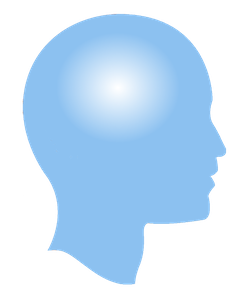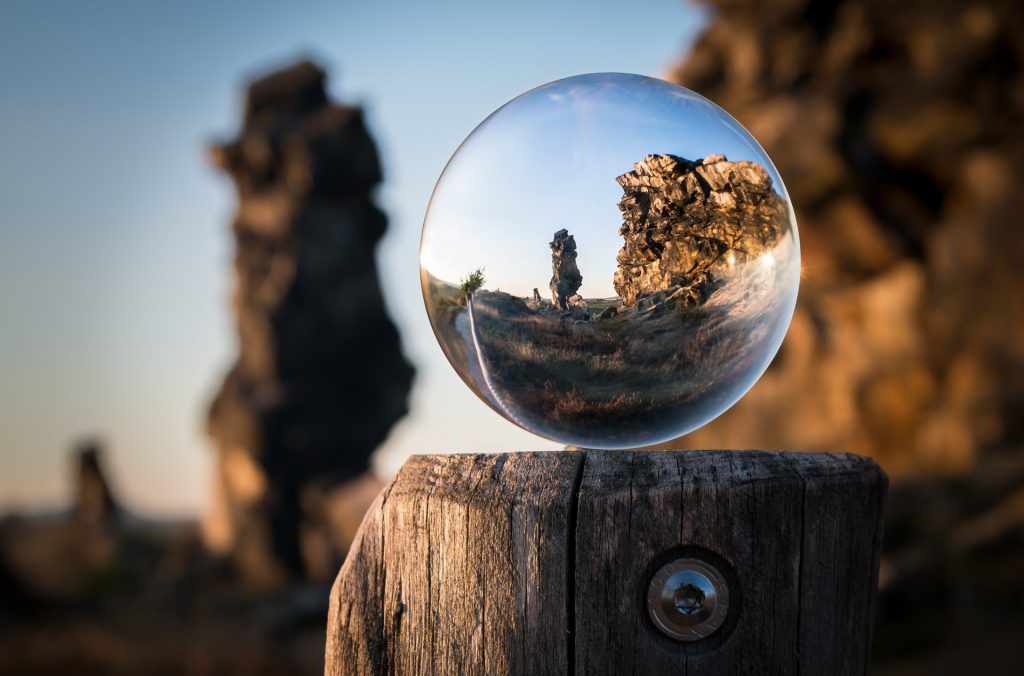Introduction
I find it encouraging that I am running across more and more people who are seeing themselves as interdependent selves. Below are two alternate and illuminating approaches to discussing the two mindsets explored in The Hopeful Mindset.
The Independent and Interdependent Mindsets
The Hopeful Mindset examines two ways of being in the world. In our Western Civilization an Independent Mindset has prevailed for centuries and has become an entrenched assumption about the way things are. So much so that this the Independent Mindset’s underlying assumption is rarely even noticed, let alone questioned. The assumption is that we are each separate, independent selves living in a world of separate things. Our institutions, political systems, economic structures, and even our values and beliefs are predicated on this assumption. Science, however, is revealing a different picture. This picture is one of inseparably interdependent phenomena arising through webs of interconnected relationships.
This realization is the foundation for a way of seeing the world and our place in it that is more in line with the nature of reality as we are coming to know it than the faulty assumption of the Independent Mindset of separate selves and things. Two views on this reality are presented below.
Egosystem vs Ecosystem
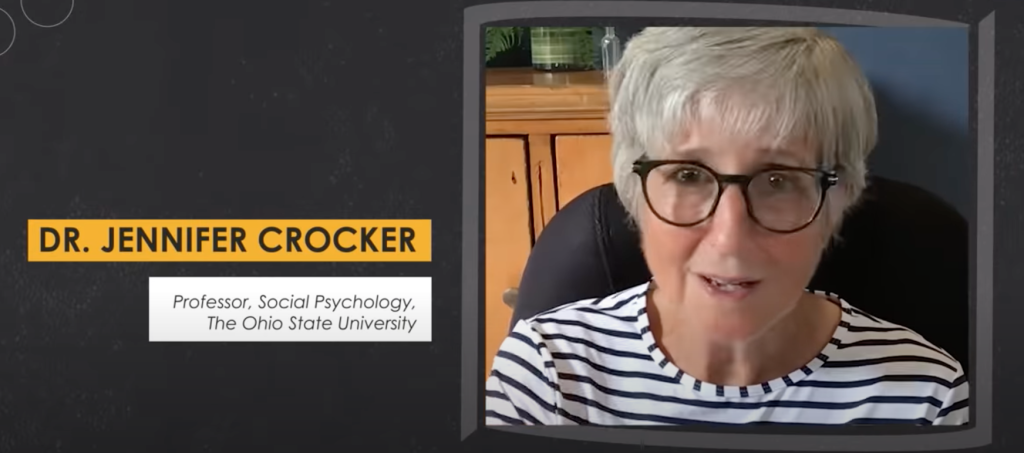
Dr. Jennifer Crocker is a professor and Ohio Eminent Scholar in Social Psychology at Ohio State University. Dr. Crocker studies self-esteem, contingencies of self-worth, and the costs of pursuing self-esteem. She also emphasizes interpersonal goals that are often involved in relationships.
https://en.wikipedia.org/wiki/Jennifer_Crocker
Dr. Crocker uses the terms “egosystem” and “ecosystem” to describe self-centred and other-centred mindsets. In the context of The Hopeful Mindset the Independent Mindset corresponds to the self-focused egosystem and the Interdependent Mindset corresponds to the other-focused ecosystem.
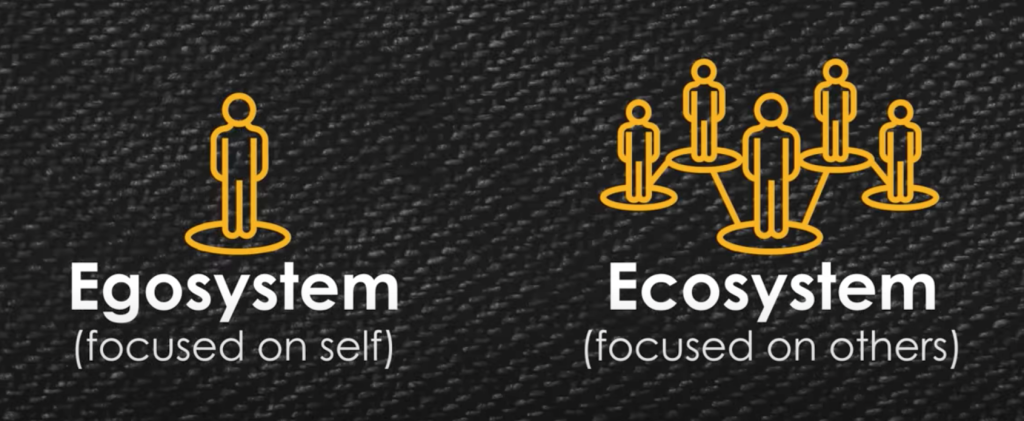
https://www.youtube.com/watch?v=YaeA8qx4qrc
I like Dr. Crocker’s terms because I think they obviate the key difference between the Independent and Interdependent Mindsets. Interestingly, Dr. Crocker has written about problems that can occur with the pursuit of self-esteem as a primary goal. Excessive focus on one’s self to the exclusion of concern for others is not in the best interests of the population in which one exists and so is not in one’s own best interests either. Such a pursuit ignores the essential interconnectedness of all living things.
An understanding of the ecosystem view, on the other hand, promotes awareness of the importance of attending to the wellbeing of the systems which are the sources of our existence. It is a view supported by modern scientific understandings of our world and the cosmos as consisting of interdependent phenomena arising through interconnected webs of relationships.
One Living System
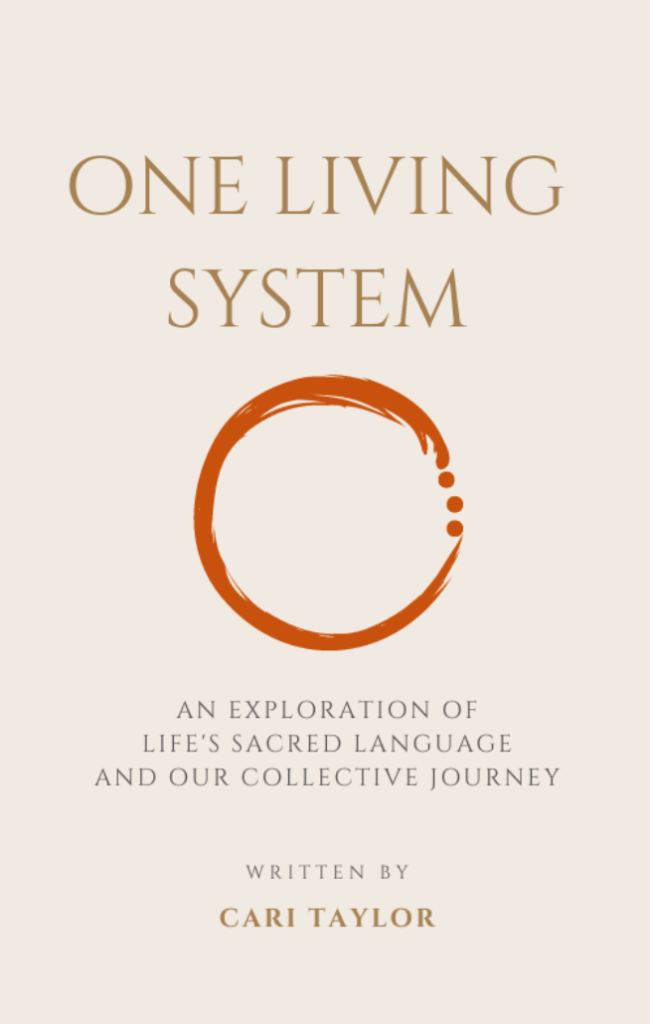
https://www.cari-taylor.com/one-living-system
In Cari Taylor’s book, One Living System, Cari presents another way of looking at the Independent and Interdependent mindsets. She uses the lemniscate (infinity symbol) to illustrate The Living System and two ways of seeing ourselves within that system.
The left portion of the lemniscate represents the way we usually assume life to be. In this mode we see ourselves as separate individuals competing for status and resources. My gain is at your loss. Success is getting and holding onto more valued commodities than other people. Often others are seen as objects to be manipulated in the pursuit of our individual agendas. The self in this view circles repeatedly around the left lobe of the lemniscate in an incessant quest for personal success.
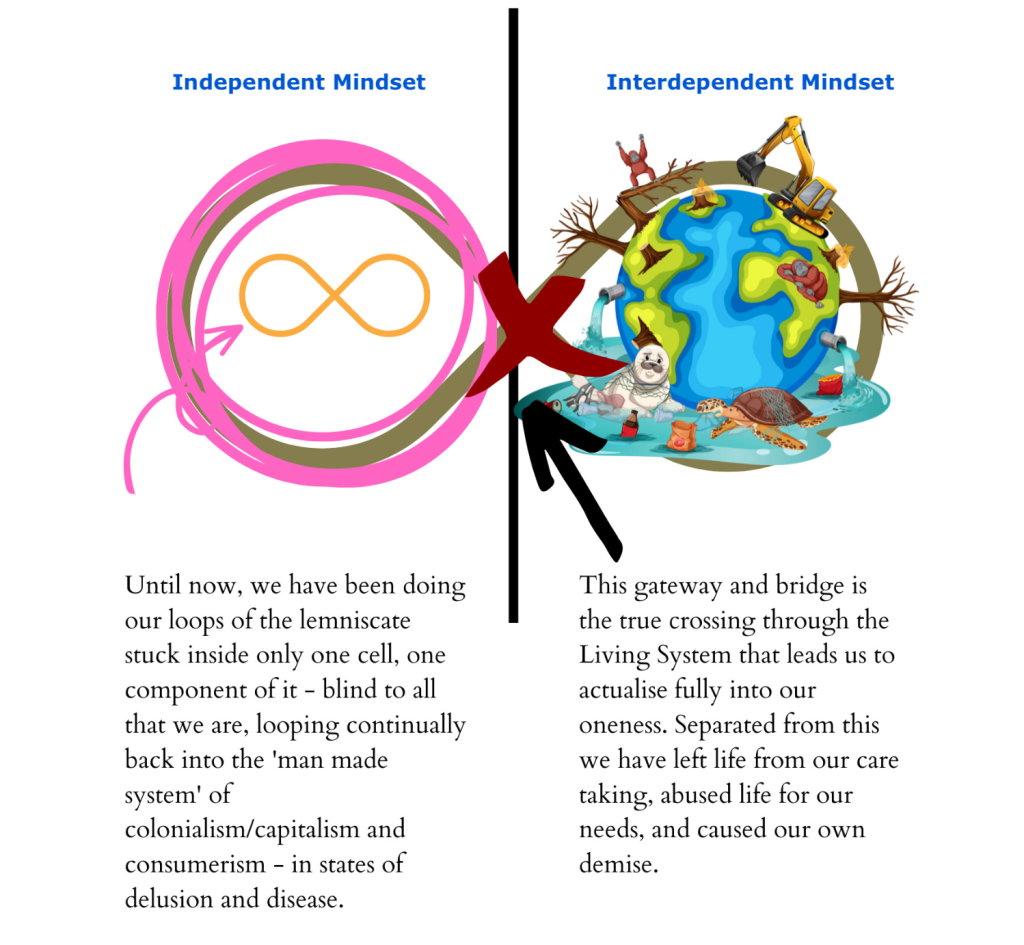
As we cycle around and around within the view of the left side of the lemniscate we inevitably learn from our experiences. Some of what we learn may lead us to suspect that there may be more to life than this endless treadmill. We may begin to glimpse facets of a more sustainable ways of being in the world. If a sufficient mass of this kind of knowledge accumulates we may find ourselves eventually crossing over the bridge to the right lobe of the lemniscate where a very different view of what it is to be a human being reveals itself. This is the Living System view of life.
In this way of seeing things there is a recognition of the interdependent nature of living things. Sustainable ways of living are pursued and inter-being is understood to be the way of the world. Values consistent with this view emerge and form guidelines to living in harmony with the nature of the reality we inhabit.
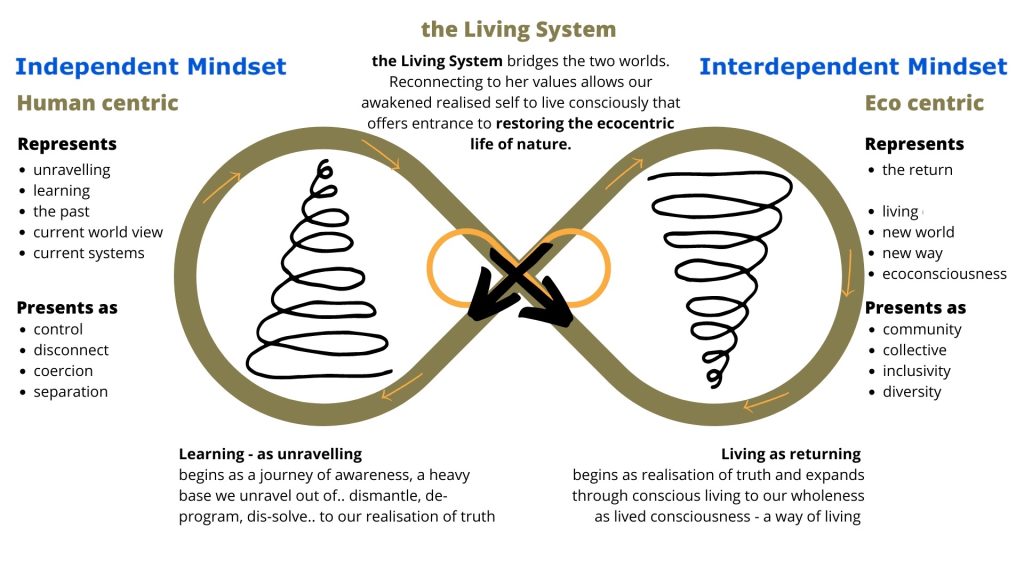
Three Ways of Telling the Truth
The Hopeful Mindset, Egosystem vs Ecosystem, and One Living System all point to the same conclusion. When we behave in ways that ignore the interdependent nature of our world we inevitably do harm to ourselves, others, and the environment. In effect we drive ourselves and other species toward extinction. As all three perspectives point out we are in dire need of waking up to our interconnected reality and of behaving accordingly.
The ways of explaining the problem and presenting the solution given in the three perspectives we have just looked at are most certainly not the only ways in which our shared global circumstances can be examined — and this is a good thing. Wherever and however the nature of our situation is illuminated momentum is added to the global shift in understanding that is now taking place and that is required to tackle the problems we have created. Please spread the word. We really are all in this together and only together will we have a chance to survive.
